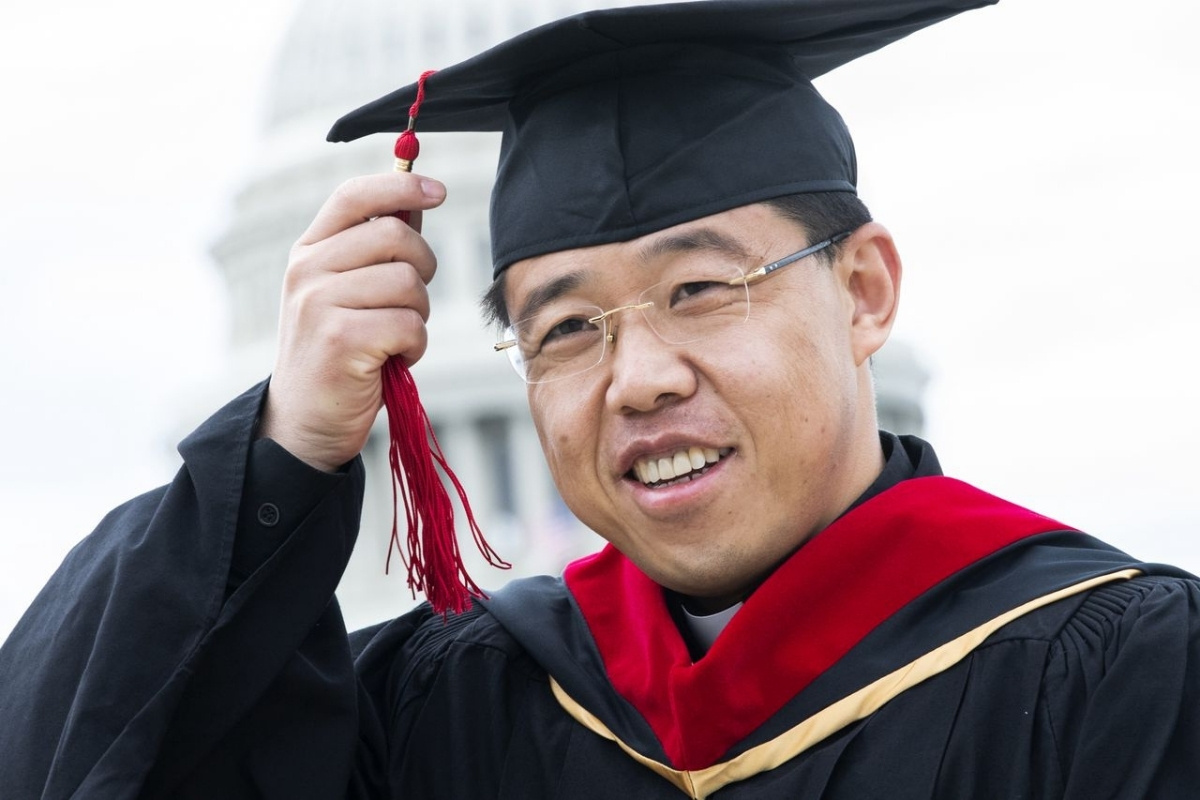
Are you thinking about studying abroad but unsure about the visa process? You're not alone. Student visas can seem complicated, but understanding them is crucial for your educational journey. A student visa is a special endorsement added to a passport that allows foreign students to study at a qualified educational institution in the host country. Different countries have unique requirements, processing times, and rules. For instance, the U.S. offers the F-1 visa, while the UK provides the Tier 4 (General) student visa. Knowing these facts can help you prepare better, avoid common pitfalls, and make your dream of studying abroad a reality. Ready to dive into the world of student visas? Let's get started!
What is a Student Visa?
A student visa is a special endorsement added to a passport that allows foreign students to study in a country's educational institutions. These visas come with specific requirements and benefits.
-
Purpose: Student visas are issued for educational purposes only. They do not permit the holder to work full-time or engage in non-academic activities.
-
Types: Different countries have various types of student visas. For instance, the United States offers F-1, J-1, and M-1 visas, each serving different educational purposes.
Requirements for Obtaining a Student Visa
Securing a student visa involves meeting several criteria. These requirements ensure that the applicant is genuinely pursuing education and can support themselves during their stay.
-
Acceptance Letter: Applicants must have an acceptance letter from a recognized educational institution.
-
Financial Proof: Demonstrating the ability to cover tuition fees and living expenses is crucial. This can include bank statements, scholarships, or sponsorships.
-
Language Proficiency: Many countries require proof of language proficiency, such as TOEFL or IELTS scores for English-speaking countries.
-
Health Insurance: Some nations mandate health insurance coverage for the duration of the stay.
Application Process
The application process for a student visa can be lengthy and involves several steps. Each step ensures that the applicant is prepared for their educational journey.
-
Application Form: Filling out the visa application form accurately is the first step. Mistakes can lead to delays or rejections.
-
Visa Interview: Many countries require a visa interview to assess the applicant's intentions and preparedness.
-
Biometrics: Providing biometric information, such as fingerprints and photographs, is often required.
-
Visa Fee: Paying the non-refundable visa application fee is a necessary part of the process.
Duration and Extensions
Student visas are typically valid for the duration of the study program. However, extensions and renewals are possible under certain conditions.
-
Validity Period: The visa's validity usually matches the length of the academic program, with some additional time for travel.
-
Extensions: Extensions may be granted if the student needs more time to complete their studies or pursue further education.
Working on a Student Visa
While the primary purpose of a student visa is education, many countries allow limited work opportunities to help students support themselves.
-
Part-Time Work: Students can often work part-time during the academic year, usually up to 20 hours per week.
-
Full-Time Work: During holidays and breaks, students may be permitted to work full-time.
-
Internships: Some visas allow for internships related to the field of study, providing practical experience.
Post-Graduation Opportunities
After completing their studies, students may have opportunities to stay and work in the host country.
-
Post-Study Work Visa: Many countries offer post-study work visas, allowing graduates to gain work experience.
-
Permanent Residency: In some cases, graduates can apply for permanent residency, especially if they secure a job in their field.
Challenges and Considerations
Obtaining and maintaining a student visa comes with its own set of challenges. Being aware of these can help students prepare better.
-
Compliance: Students must comply with visa conditions, such as maintaining full-time enrollment and not exceeding allowed work hours.
-
Cultural Adjustment: Adapting to a new culture and education system can be challenging but is an essential part of the experience.
-
Legal Issues: Violating visa conditions can lead to serious consequences, including deportation and future visa denials.
Final Thoughts on Student Visas
Understanding student visas is crucial for anyone planning to study abroad. These visas open doors to new educational opportunities, cultural experiences, and personal growth. Each country has its own set of rules, so it's essential to research and prepare thoroughly. Make sure your documents are in order, meet all deadlines, and stay informed about any changes in visa policies.
Remember, a student visa is more than just a piece of paper; it's your ticket to a world of learning and adventure. Whether you're aiming for a short-term course or a full degree program, knowing the ins and outs of student visas can make your journey smoother. Stay proactive, ask questions, and seek help when needed. Your dream of studying abroad is within reach—just a few steps away.
Was this page helpful?
Our commitment to delivering trustworthy and engaging content is at the heart of what we do. Each fact on our site is contributed by real users like you, bringing a wealth of diverse insights and information. To ensure the highest standards of accuracy and reliability, our dedicated editors meticulously review each submission. This process guarantees that the facts we share are not only fascinating but also credible. Trust in our commitment to quality and authenticity as you explore and learn with us.
